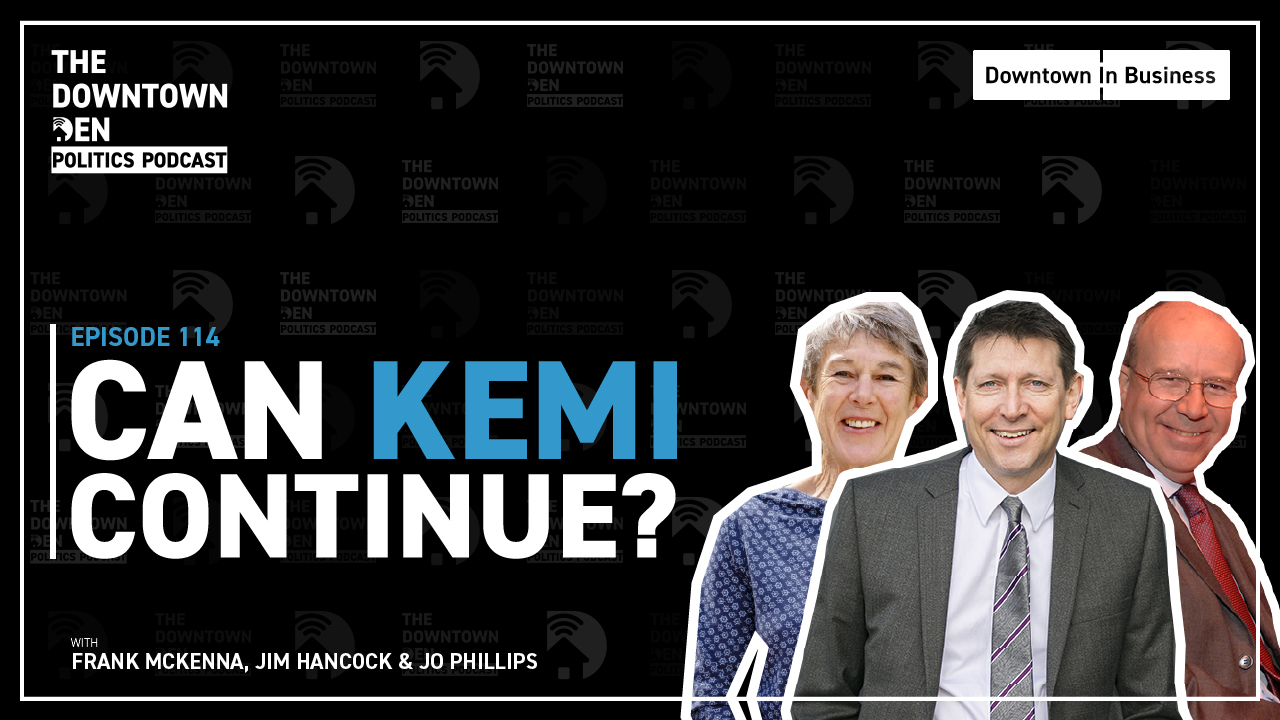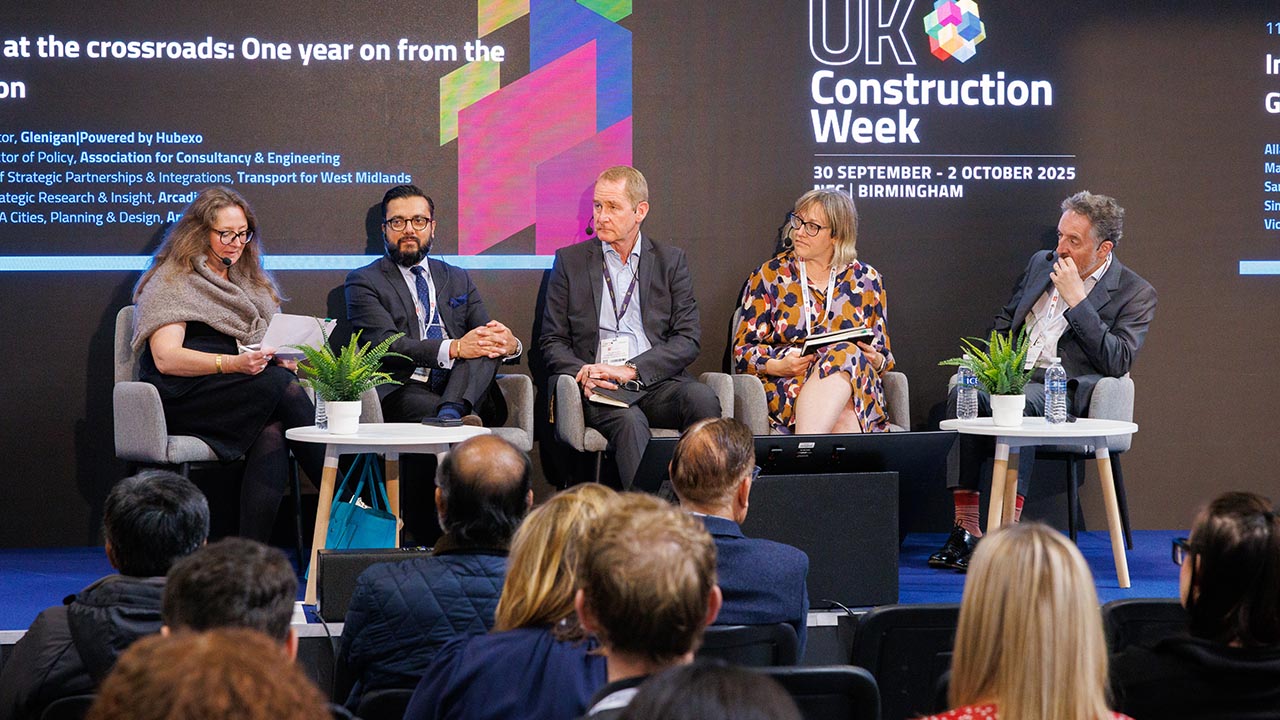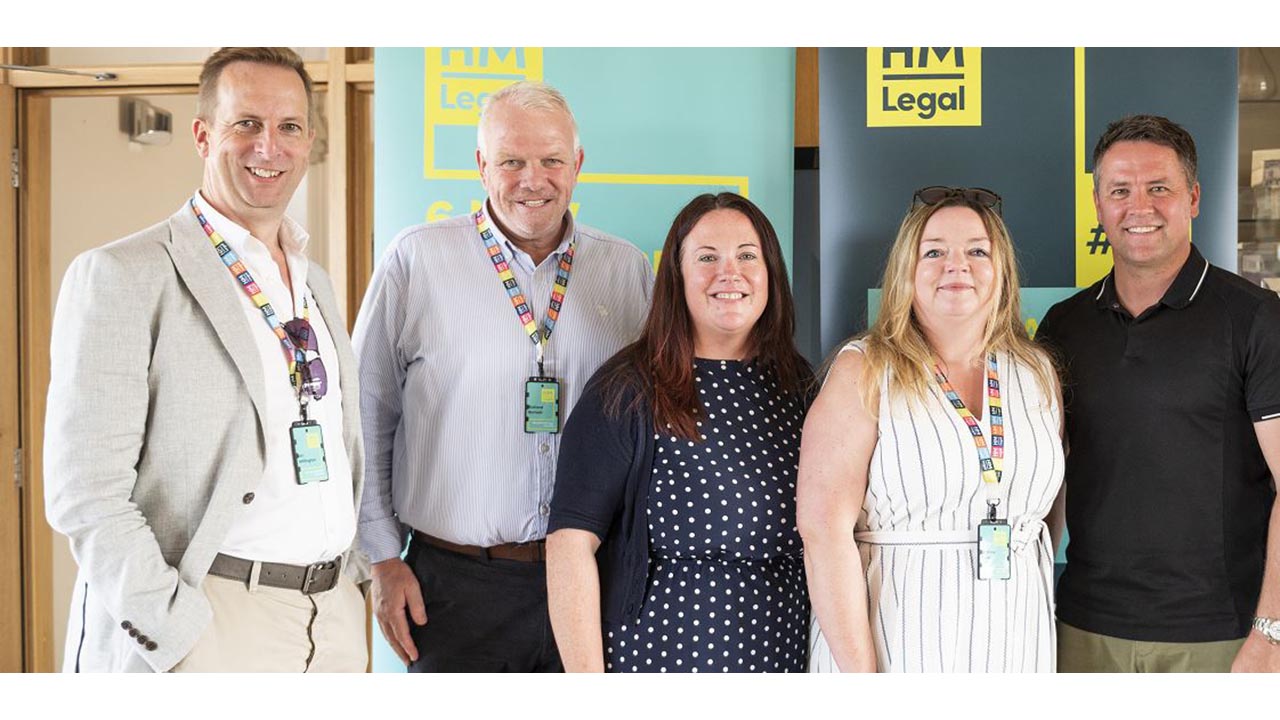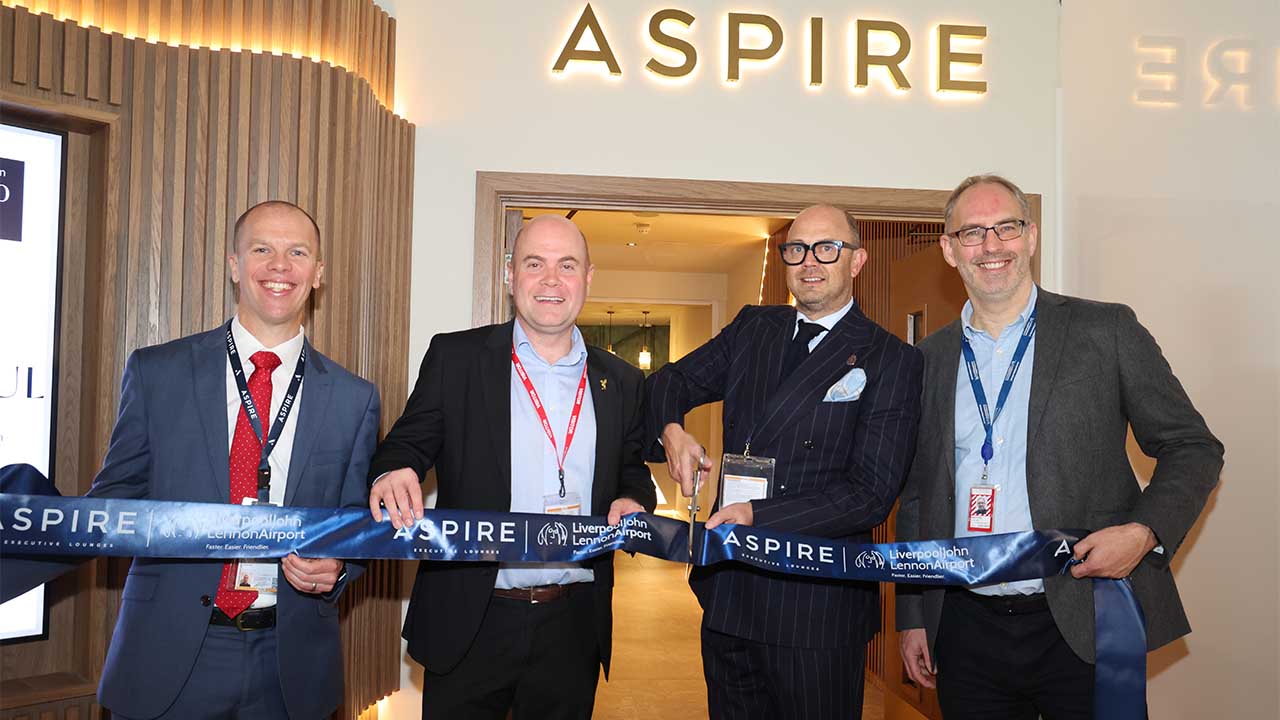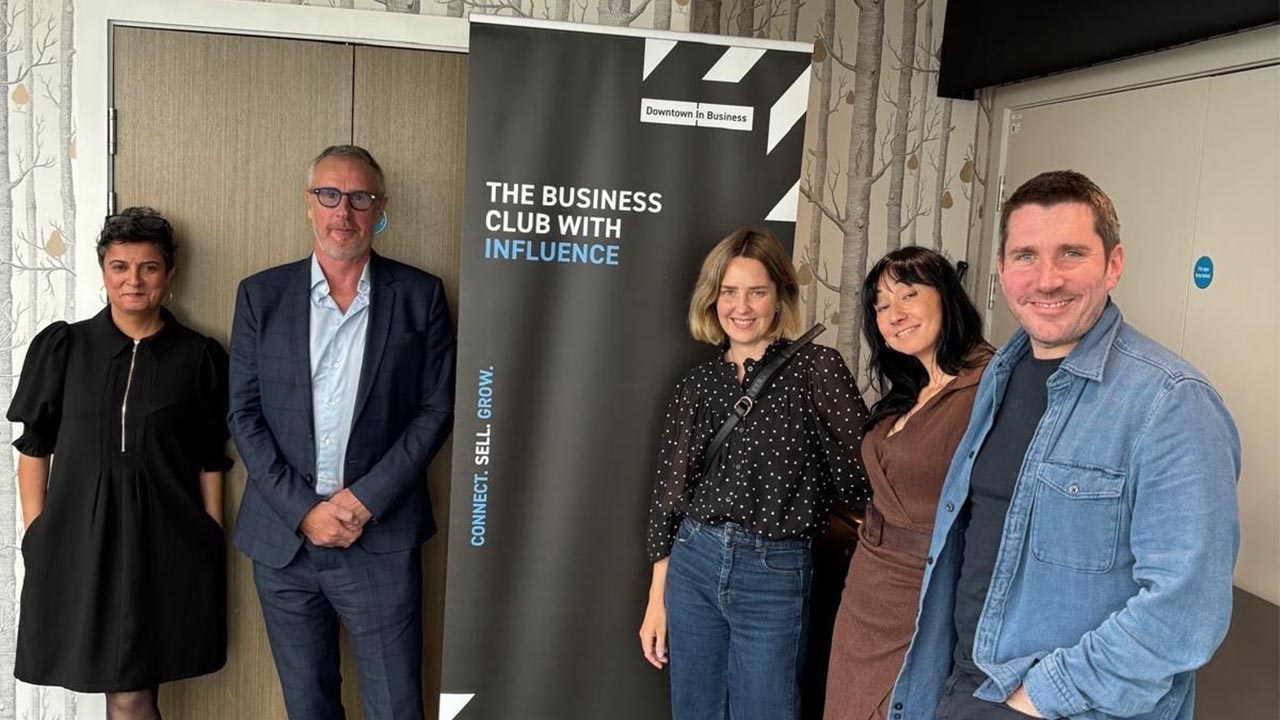Primarily because of our climate, we’ve traditionally been a nation of indoor dwellers. But an ever-expanding body of research is finding that time spent in nature is more beneficial to our wellbeing, productivity and mental health.
So, is it time to reconsider the traditional uses of land and property?
Lessons from the education sector
From field trips to away days, time away from the usual working or learning environment is shown to have many advantages.
Indeed, the normality of ‘forest schools’ in Scandinavia and other parts of northern Europe led to the government promoting outdoor learning at primary school level as early as 2005, and it is now mandatory to make such provision in the foundation years of pupil’s learning, although it does not yet form part of the national curriculum.
It is suggested that learning in a different environment allows people to challenge norms and established ideas, leading to a more inventive and creative education, and ultimately population and workforce.
However, as those children who have grown up with outdoor learning as a normality now reach an age where they become part of the workforce, how businesses make provision for them comes into new focus.
Businesses are already embracing the modern change in working methods, seeking to encompass in their office environments a variety of work spaces and break-out zones, as well as meeting rooms and sales floors that now bear little resemblance to those of the past.
Applying these principles to the hospitality sector
In addition, the hospitality industry has changed from being a sector focussed on ‘service’ to one focussed on ‘experience’
And with the ubiquity of social media, the desire to have unique experiences is high on many people’s wish list when on a break from work.
While the tourism industry has for many years catered to this segment of their visitors, it has primarily been through an experience or activity that was conceived to justify a primary aim – mountain biking trails in Forestry Commission land being a prime example, or the provision of a nature trail in a hotel development to assist with gaining planning permission.
However, the balance has now truly shifted such that these activity centres are being constructed as the primary purpose, rather than as a secondary “greening” credential to the initial project such as a hotel or forestry operation.
The impact of social media on hotels and hospitality businesses
Additionally, the rise of Instagram has meant that an activity can no longer be an add on, but instead requires real thought and design to ensure visitors can get that awe-inspiring shot for their profile.
So, with an ever-increasing population who demand experience tourism as opposed to a material lifestyle, and a workforce that will soon expect to be able to do their jobs in spaces that shun historic boundaries, how can business owners take full advantage of this shifting trend? As ever, the first step is to speak to your professional advisors from the outset.
Taking advantage of the ‘experience economy’
Embarking on a project to supplement, change or even transform your business or premises to take advantage of the experience economy will require careful thought and collaboration.
Harrison Drury has a track record of delivering legal solutions for our clients’ projects. Our experienced team has an in-depth knowledge of the issues such projects can face and can advise in specialist areas, such as:
- Licencing applications to enable a greater range of events and experiences for guests
- Securing consent from landlords for alterations or change of use
- Seeking planning permission to create new accommodation and guest facilities
- Funding options for new-build developments and other projects
- Commercial contracts for equipment hire and purchase
- Employment advice for new hires
The earlier you speak to your professional advisor the better they can help you prepare for the future.
For more information on your helping your hospitality business take advantage of the ‘experience economy’, or any other legal matter, contact Silas Heys on 01772 258321.





